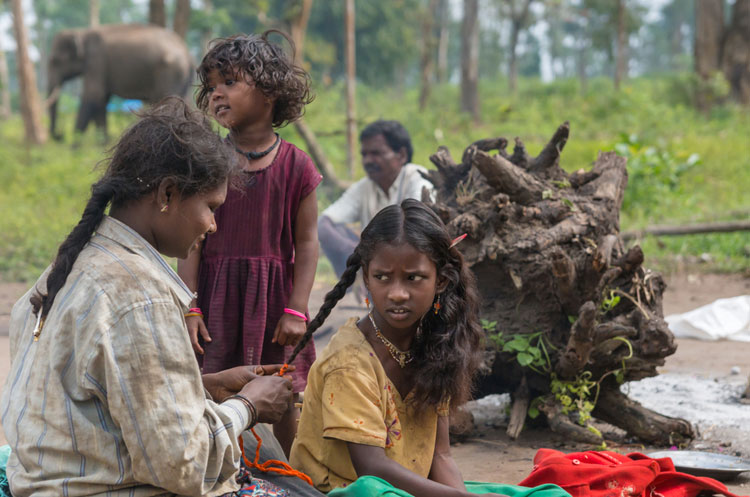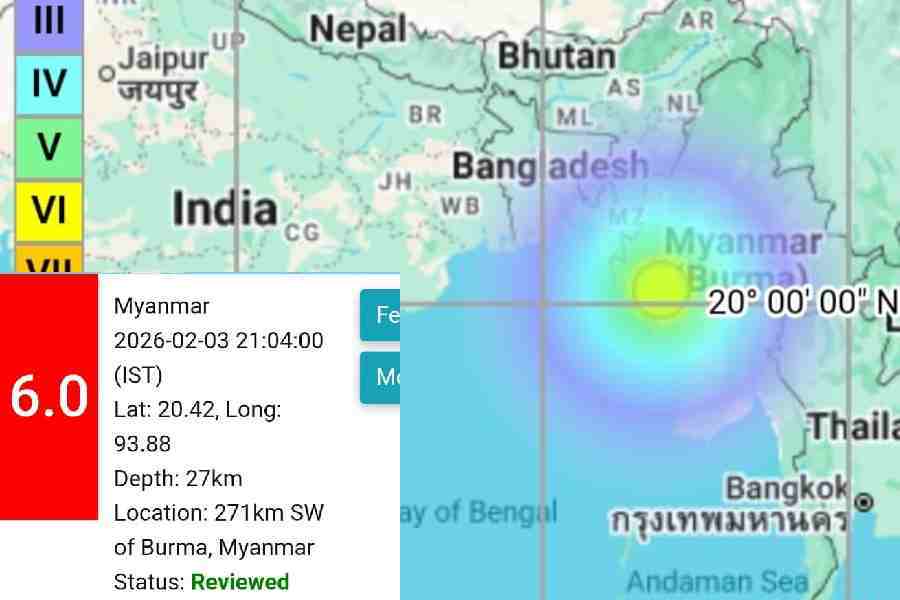Seven decades after Independence, the goal of creating a level playing field in society remains elusive. This unpalatable fact lies at the basis of the recent Supreme Court direction that the lists of scheduled castes and scheduled tribes and the educationally and economically backward who receive reservation benefits should be occasionally revised. The purpose would be to eliminate those who have become affluent through quotas over the years so that those who are still needy can be included in their place. The direction came from a five-judge bench that overturned the decision of what was formerly known as Andhra Pradesh to have only ST teachers in scheduled areas. This goes against the 50 per cent cap on reservations. Besides, merit cannot be overlooked in the urge for reservations. In this context, the court reportedly said that SC/ST lists are not sacrosanct and unalterable, and the needs of the oppressed left behind by socio-economic advances must be addressed. The benefits of the quota system are obviously not filtering downwards.
This direction is unlikely to enthuse politicians and socially dominant groups. One of the reasons that reservations have failed to create a level playing field is vote-bank politics. This form of competitive benefit bestowal with reservations as alibi has now been overtaken by the politics of Hindutva, which seems to have assimilated vote-bank politics into a larger design in which all have their appointed places: for example, manual scavengers keep cleaning the dry latrines of the much-applauded Swachh Bharat campaign. The Supreme Court’s direction assumes a time- and quality-bound assessment of the results of reservations so that all can benefit from the system. This would upset the political status quo; the court’s ‘creamy layer’ concept with reference to other backward classes remains mired in debate. The Supreme Court’s 2018 decision to withdraw the condition of mandatory arrest in the case of complaints under the law against atrocities on minorities had also faced numerous protests. There can be no doubt that the needs of the most oppressed must be addressed. Yet implementing constitutional provisions and laws fairly in a country where politicians flourish by manipulating inequalities is far from easy.










